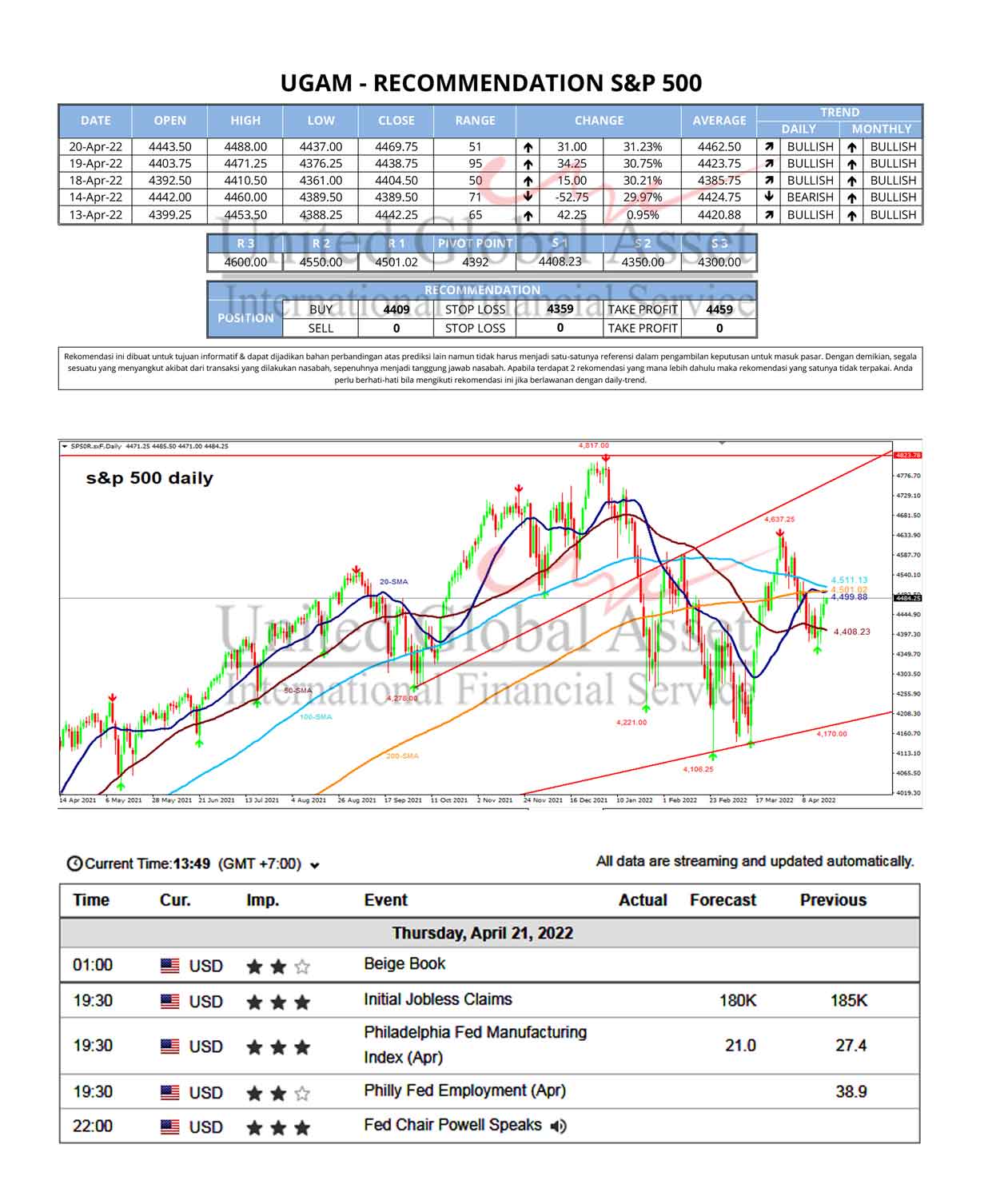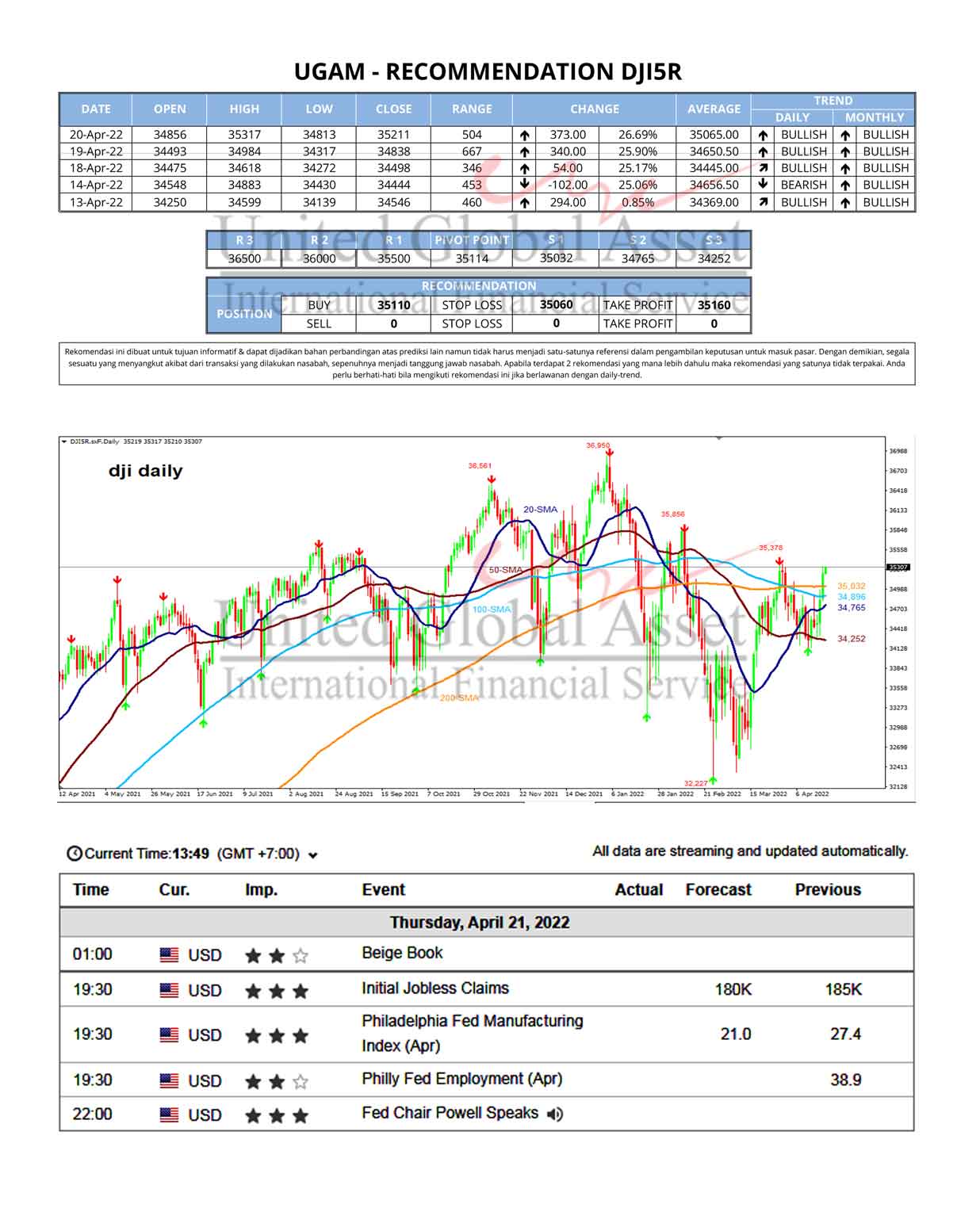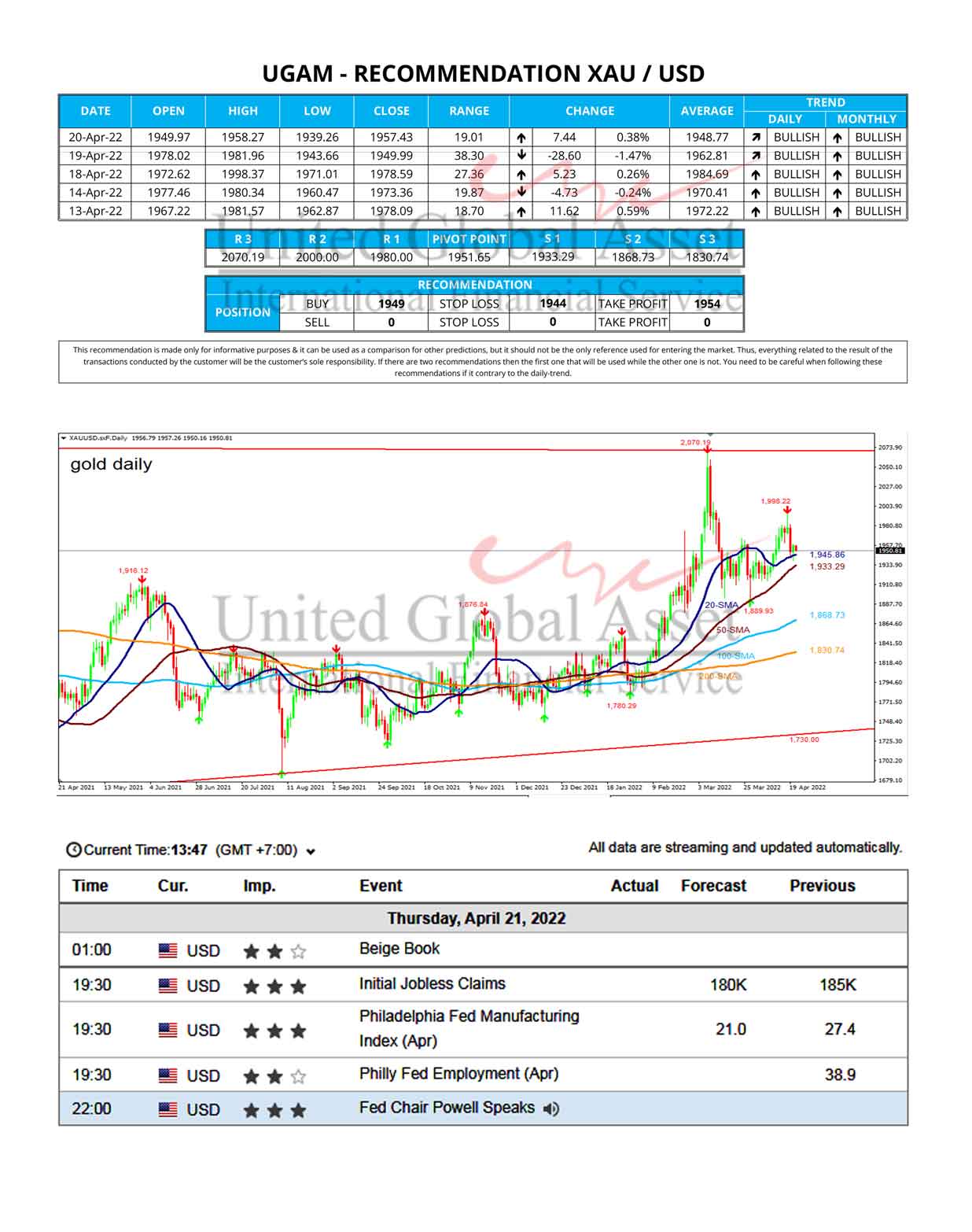fundamental News - SP500
Stock futures rose Thursday in Asia to steady after dropping earlier, with investors assessing the latest headlines on the Omicron variant and mulling lingering concerns around inflation.
Contracts on each of the S&P 500, Dow and Nasdaq traded higher
as the overnight session kicked off. The three major indexes slid during
the regular trading day, after the Centers for Disease Control and
Protection announced that the first confirmed case
of the Omicron variant had been identified in the U.S. More than two
dozen countries globally have so far found at least one confirmed case
of the variant, first identified last week.
The latest updates on the virus front have come on top of traders'
ongoing concerns over rising prices. Monetary policymakers have also
underscored these lingering inflationary trends, stoking concerns that
the Federal Reserve may soon pivot away from
its accommodative policies that had helped support markets throughout
the pandemic. In the Federal Reserve's December Beige Book, or
collection of anecdotes about economic conditions throughout the Fed
districts, the central bank said it observed that, "Prices
rose at a moderate to robust pace, with price hikes widespread across
sectors of the economy."
Federal Reserve Chair Jerome Powell also told lawmakers this week
that he thought it would be appropriate for monetary policymakers to
consider ending their asset-purchase tapering process sooner than
previously telegraphed, or potentially before the middle
of next year. That has in turn raised the specter that interest rate
hikes could also come more quickly than previously anticipated after the
conclusion of the Fed's tapering process.
According to a number of strategists, inflation as well as
policymakers' responses to inflation will ultimately be one of the
driving forces for the market going forward.
"In the very near-term the biggest threat is the headlines related
to the virus," Niladri Mukherjee, Merrill and Bank of America Private
Bank head of CIO portfolio strategy, told Yahoo Finance Live on
Wednesday. "But as we go into 2022, inflation is the
biggest risk for the markets as a whole. Inflation is looking awfully
persistent. Obviously, we had 6-7 months of CPI [the Consumer Price
Index] printing above 5%, now 6%. I wouldn't be surprised to see even
higher prints going into January, February, especially
if the variant actually leads to further closures."



